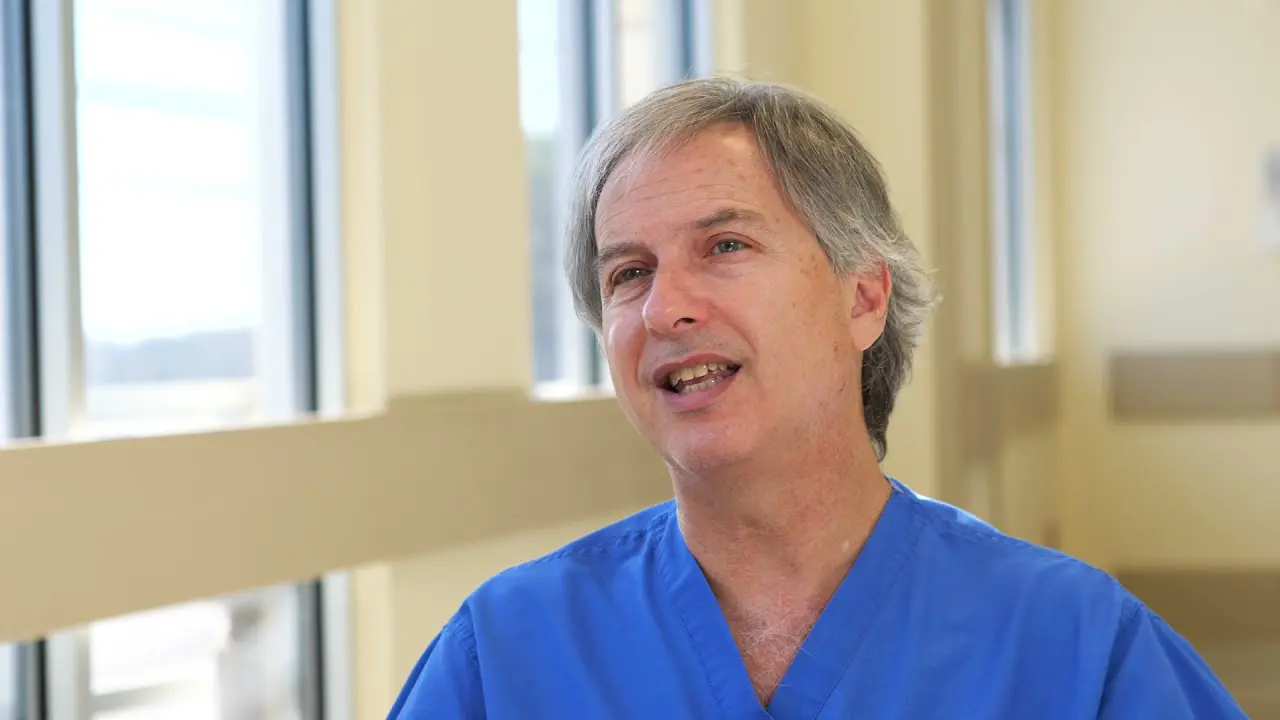
Pelvic adhesion removal can make pregnancy possible
Pelvic adhesions are scar tissue that can cause the pelvic organs, including the ovaries and fallopian tubes, to stick together. This scar tissue can change a woman’s anatomy and prevent the egg and sperm from meeting to achieve pregnancy. Your Austin fertility surgeon may recommend pelvic adhesion removal if this scar tissue is interfering with your ability to conceive.
Pelvic infections like gonorrhea and chlamydia are among some of the most common causes of adhesions. Endometriosis and previous surgery in the area can also be responsible. In some cases, there may not be a clear cause of pelvic adhesions.
Pelvic adhesion removal can restore fertility and hope
Although it can be upsetting to receive a diagnosis of pelvic adhesions, an Austin fertility surgeon at Texas Fertility Center can help. Minimally invasive surgery can often help women overcome the fertility challenges that pelvic adhesions can cause.
Each of our doctors provides leading-edge treatment for pelvic adhesion removal. The goal is to restore the ovaries and fallopian tubes, which gives the eggs and sperm a better chance to meet. When they can come together, fertilization and conception are much more likely.
Because surgery is the only proven method for treating pelvic adhesions, one of our surgeons will perform a minimally invasive procedure called a laparoscopy. This outpatient procedure involves making two to four small incisions in the abdomen. Once inside the abdomen, your Austin fertility surgeon will insert a camera to view the area, and long, thin tools to remove the adhesions from the ovaries and fallopian tubes.
The patient will receive sedation so that she does not feel anything during the procedure or remember anything about it when she wakes up.
The next steps after pelvic adhesion removal
The Texas Fertility Center team often finds that pelvic adhesion removal is very successful. However, the adhesions can sometimes reappear in some cases. Additionally, it may not be possible to completely restore the ovaries and fallopian tubes to their original state. This may occur in cases where there are such significant adhesions that surgical correction is not possible.
However, even if a woman’s pelvic adhesions cannot be successfully removed, she can still achieve pregnancy with fertility treatments like in vitro fertilization (IVF). This highly advanced treatment can provide patients with hope, even when they have severe pelvic adhesions.
If you are seeking treatment options for pelvic adhesion removal, contact us. Our experienced fertility surgeons offer the latest surgical treatments to restore fertility and hope.













